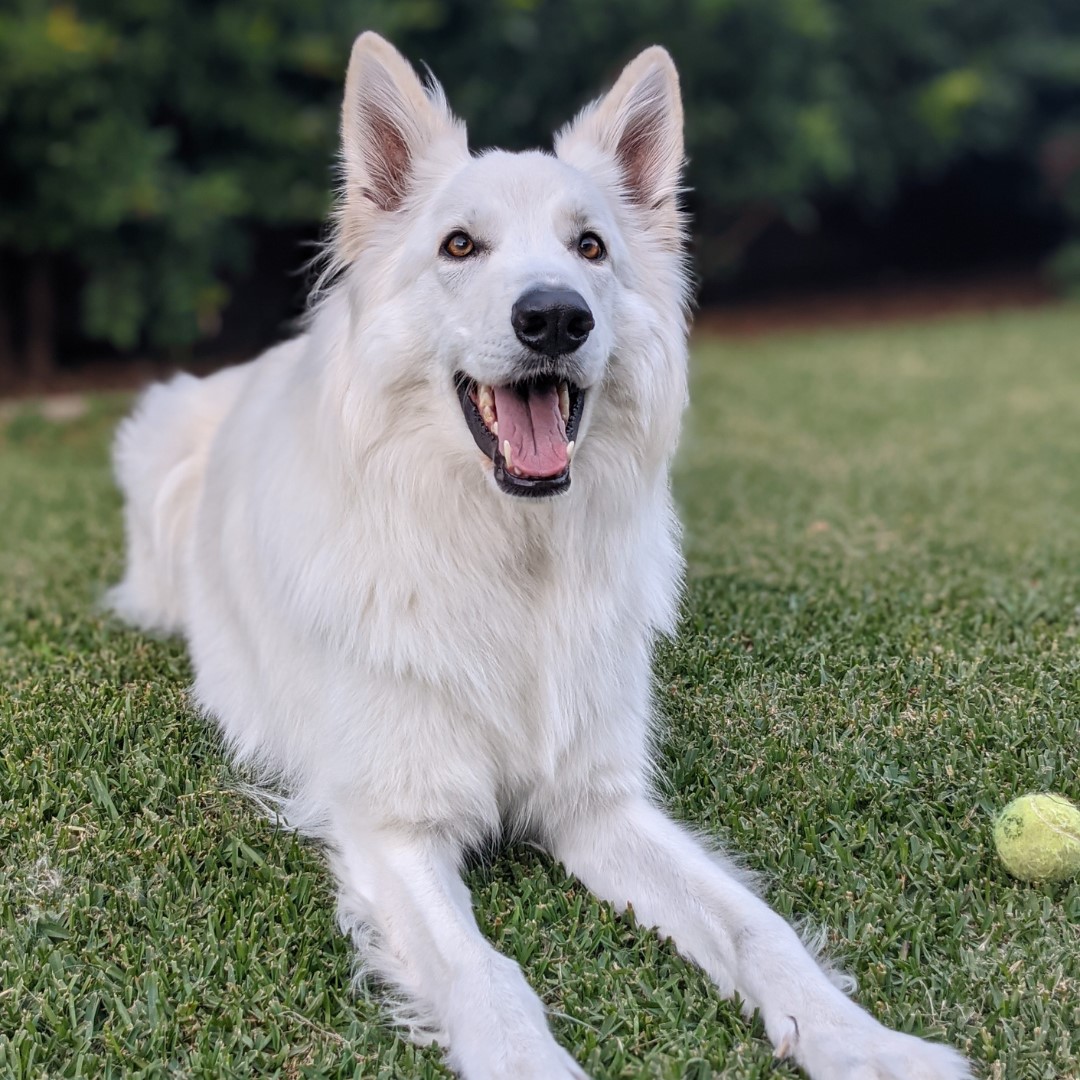Aging is a normal part of life. And just like you are going to get older, your beloved furry friends will too. Our dogs have a way of burrowing their way into our hearts and it can be difficult seeing a loved dog you might have grown up with get on in years. They have been there for you through thick and thin, through happy times and sad times and become an integral part of your family. This is why most of us would love to give them the best quality of life in their golden age to help them overcome the challenges that come with aging.
So whether you’ve started noticing your dog having trouble getting up on the bed, or getting more tired quickly, or is showing signs of deteriorating hearing and vision, giving them some extra love and affection and a little more care along with more frequent vet visits can make the latter part of their life the best. If taking your pet to a vet clinic is an issue then you can look for “vets near me” to schedule regular at home vet visits for your furry friend.
When is a dog considered a senior?
When your dog is considered a senior depends upon their size. Larger dogs typically age faster than smaller dogs. For example, a Great Dane might be considered a senior dog at the age of 5-6, while a Chihuahua isn’t considered a senior until at least 10-11 years. The environment your dog lives in, the food it eats and its medical history, all play a part in determining whether your dog is a senior dog. On average, indoor doors also live longer than outdoor dogs. Even once it has been established that your dog is now a part of the seniors club, all the factors mentioned above affect how long it will live.
Changes in your dog
If you suspect your dog might be getting on in years, there are a few simple signs you can look for to find out if your dog has any of the following issues:
-
Arthritis
Your dog might start walking with a limp, or show signs of joint stiffness. He could become slower, may not be able to walk as far or play as much as before. He may also change positions rapidly when trying to sleep in hopes of finding a comfortable position to sleep in. Your dog may start having difficulty getting up after lying down, getting in and out of a car or climbing or descending stairs. Regular exercise and proper nutrition when they are younger can help delay the onset of arthritis, though the chances can never be completely overruled. They may also show lower resistance to extreme temperatures as their body’s natural thermostatic abilities are compromised in their old age.
Keep your dog’s weight at an ideal number to reduce strain on the joints and take them on regular walks. Your dog may not be able to run as far or as fast as it once did, but even a little bit of exercise is better than none.
-
Dental care and grooming
Older dogs often start losing teeth, especially if their owner hasn’t been as diligent with dental hygiene in their younger years as they should have been. Get all your pets’ teeth professionally cleaned by a vet at least once a year, and give them dental treats regularly. Loose or missing teeth can cause infections in the gums and make it harder for dogs to eat, so dental care is an important part of grooming.
Your dog may start growing white hair or have bald patches, or their coat might start looking and feeling rougher, dull and thinner. He may stop grooming himself, or fixate on a single spot, possibly to soothe pain in that area.
-
Behavioural changes
Your dog might start showing changes in behaviour. For example, a once calm dog might suddenly become aggressive, or a once aggressive and excitable dog is now lethargic and clingy. Your dog might not understand the changes its body is going through and will exhibit its confusion through its behaviour. A senior dog may start showing separation anxiety or become overly fixated on their routines and lash out when the routine is disturbed.
They may have loss of vision or hearing, affecting their ability to cope with changes in their surroundings. It is important to give a senior dog the security they expect, so you might have to put in a little extra effort to address these changes. Leave treats around the house before leaving the house so your dog can make positive associations with your departure.
-
Diet and nutrition
Obesity is fairly common in senior dogs because of their reduced capacity for exercise and tendency to sleep more. It is important to maintain an ideal weight in older dogs, because obesity can further exacerbate arthritis and put dogs at risk of developing diabetes, hypertension and respiratory issues.
Consult your vet to come up with a diet plan especially designed for senior dogs. This is usually lower in calories and higher in fiber to increase metabolism.
Frequency of vet visits
As your dog gets older, he is going to require more frequent visits to the vet. But disrupting their normal routine can be highly stressful for them, which is why it is always a good idea to switch over to a home visit vet for senior dogs. These vets visit your home, conduct checkups and prescribe medications or treatments as needed, all from the comfort of your and your old dog’s home. Home visit vets are ideal for senior dogs, as sitting in waiting rooms of vet clinics with other animals can expose your old dog who already has a compromised immune system to parasites, bacteria and other illnesses.






